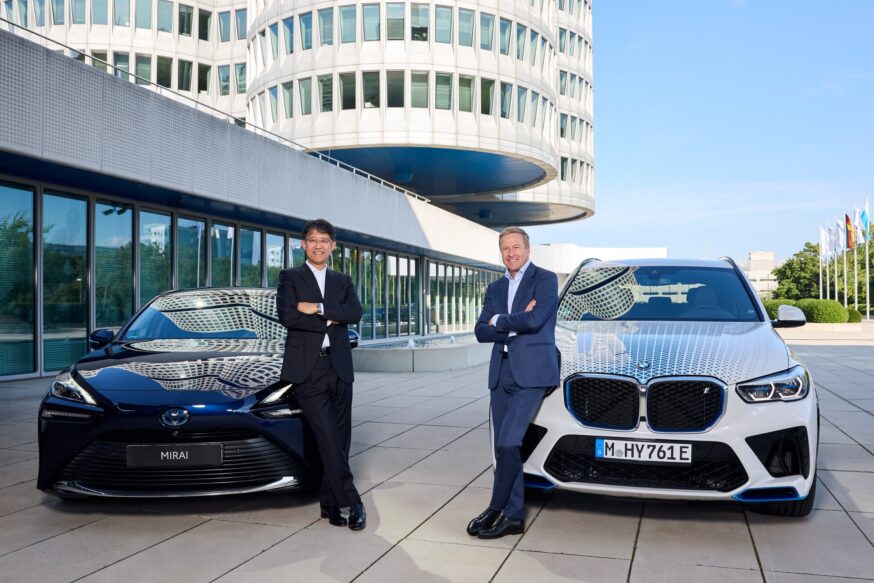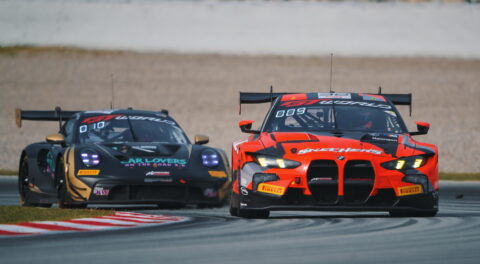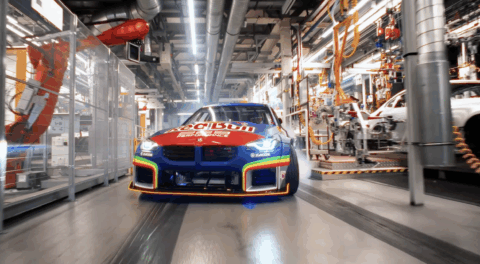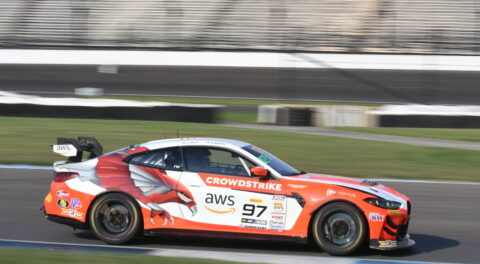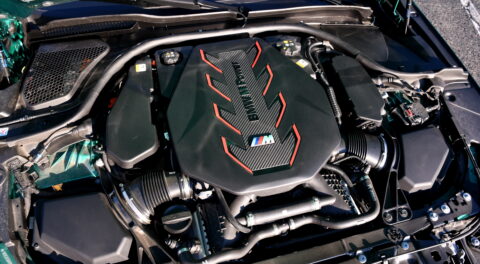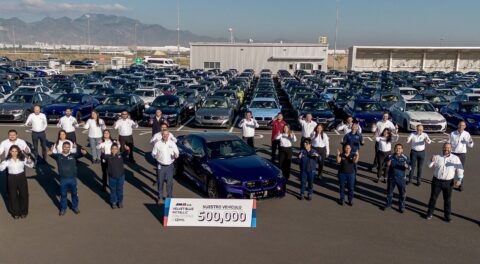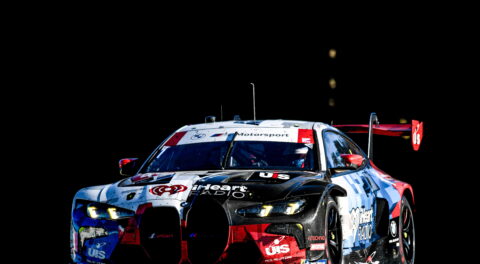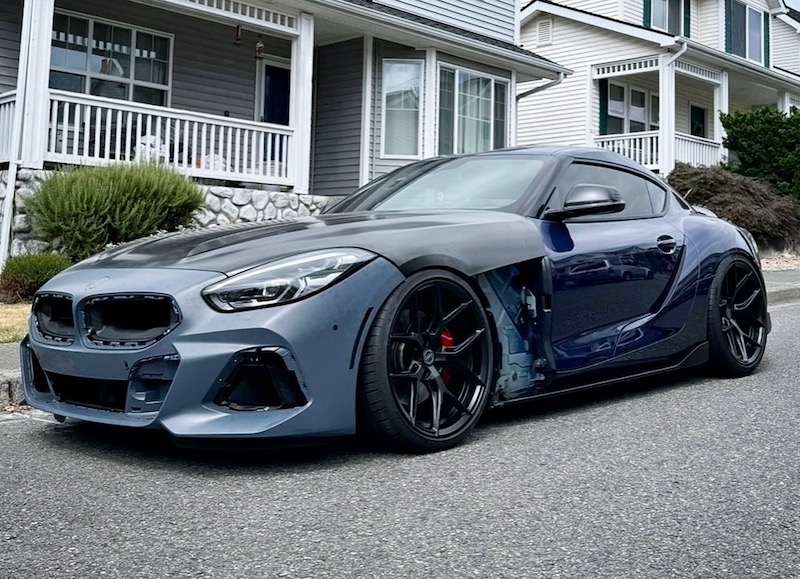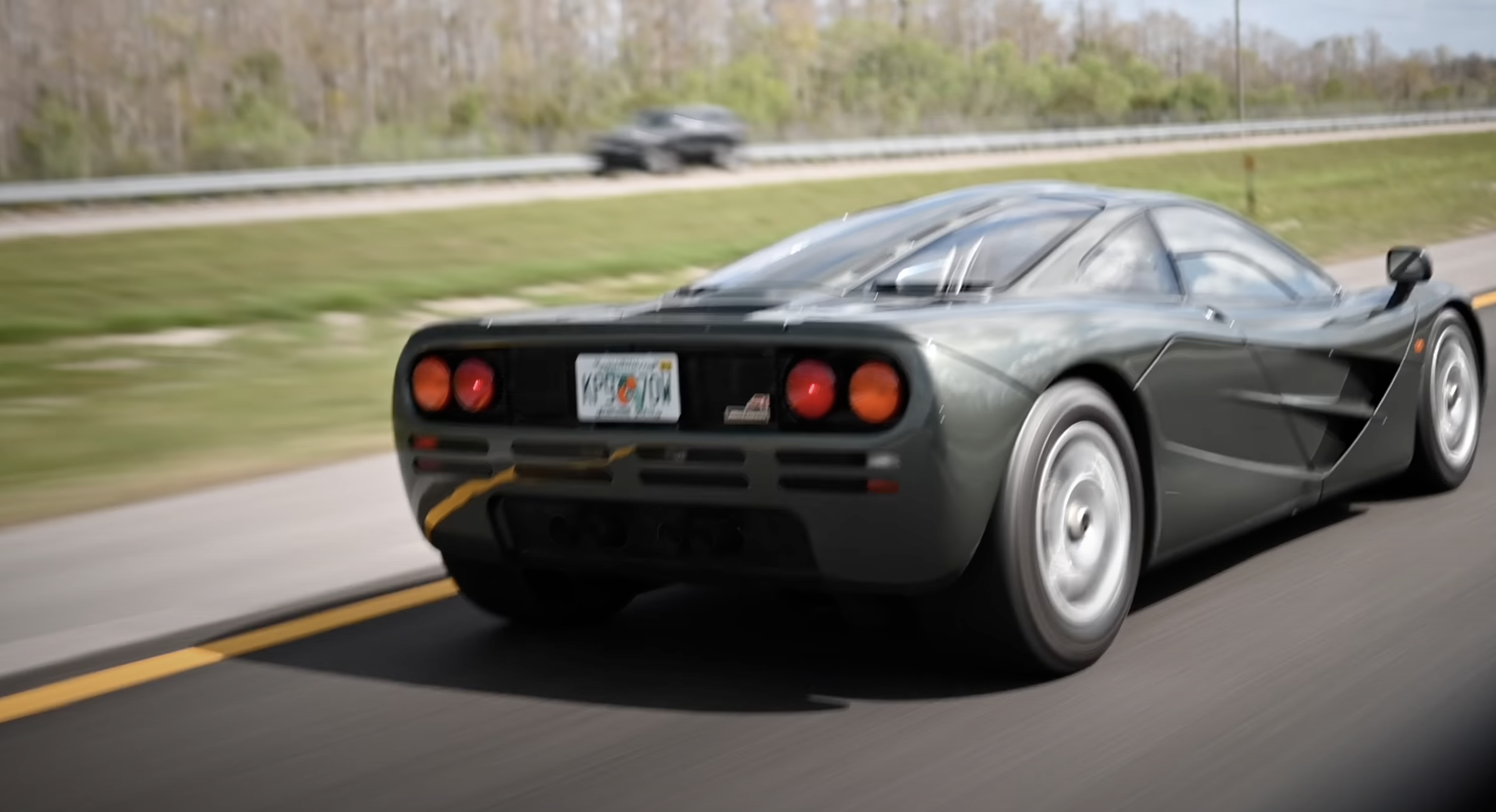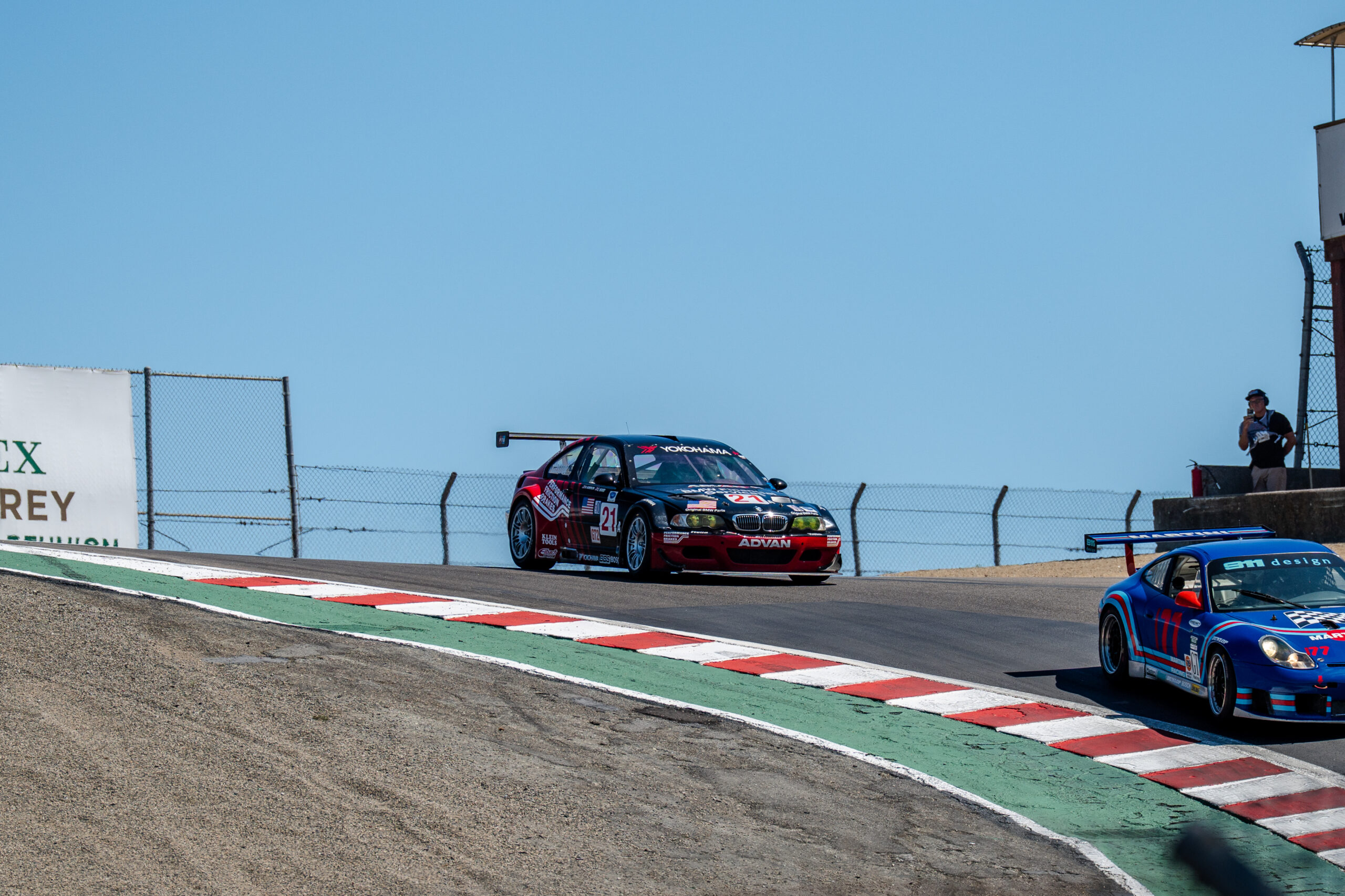The BMW Group and the Toyota Motor Corporation can look back on over a decade of trusting and successful collaboration. Building on this, the companies are now extending their cooperation to accelerate innovation of next-generation fuel cell powertrain systems and pioneer this new technology.
“This is a milestone in automotive history: the first-ever series production fuel cell vehicle to be offered by a global premium manufacturer. Powered by hydrogen and driven by the spirit of our cooperation, it will underscore how technological progress is shaping future mobility,” – Oliver Zipse, Chairman of the Board of Management of BMW AG
“We are pleased that the collaboration between BMW and Toyota has entered a new stage. In our long history of partnership, we have confirmed that BMW and Toyota share the same passion for cars and belief in ‘technology openness’ and a ‘multi-pathway’ approach to carbon neutrality. Based on these shared values, we will deepen our collaboration in efforts such as the joint development of next-generation fuel cell systems and the expansion of infrastructure, aiming for the realization of a hydrogen society. We will accelerate our efforts together with BMW and partners across various industries to realize a future where hydrogen energy supports society.” – Koji Sato, President and Member of the Board of Management (Representative Director) Toyota Motor Corporation
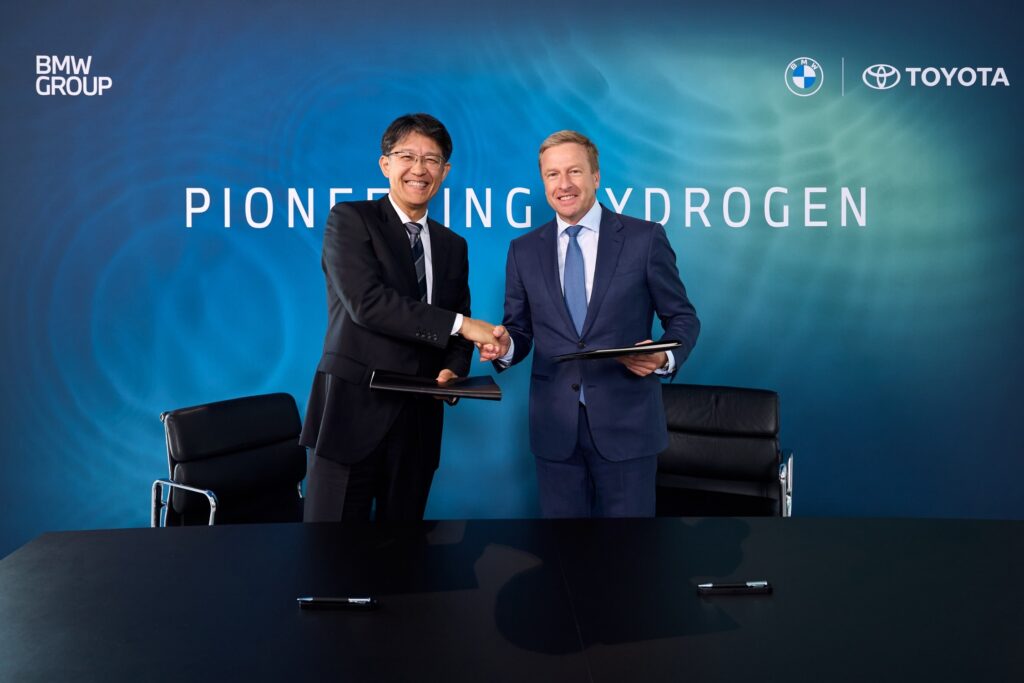
After successfully testing the BMW iX5 Hydrogen pilot fleet worldwide, the BMW Group is now preparing for series production of vehicles with hydrogen drive systems in 2028 on the basis of the jointly developed next-generation powertrain technology. The series production models will be integrated into BMW’s existing portfolio, i.e. BMW will offer an existing model in an additional hydrogen fuel cell drive system variant. As FCEV technology is another electric vehicle technology, the BMW Group explicitly views it as complementing the drive technology used by battery electric vehicles (BEV) and next to plug-in hybrid electric vehicles (PHEV) and internal combustion engines (ICE).
The BMW Group and the Toyota Motor Corporation will jointly develop the powertrain system for passenger vehicles, with the core fuel cell technology (the individual third-generation fuel cells) creating synergies for both commercial and passenger vehicle applications. The result of this collaborative effort will be utilized in individual models from both BMW and Toyota and will expand the range of FCEV options available to customers, bringing the vision of hydrogen mobility one step closer to reality. Customers can expect the BMW and Toyota FCEV models to maintain their distinct brand identities and characteristics, providing them with individual FCEV options to choose from. Realizing synergies and amalgamating the total volume of powertrain units by collaborating on development and procurement promises to drive down the costs of fuel cell technology.
Hydrogen is recognized as a promising future energy carrier for global decarbonization. It acts as an effective storage medium for renewable energy sources, helping to balance supply and demand and enabling a more stable and reliable integration of renewables into the energy grid. Hydrogen is the missing piece for completing the electric mobility puzzle where battery electric drive systems are not an optimal solution.
Read the full press release here.
Tags: BEV FCEV hydrogen PHEV Toyota

